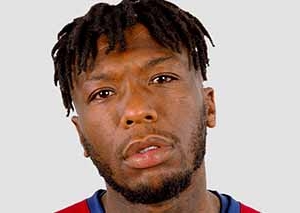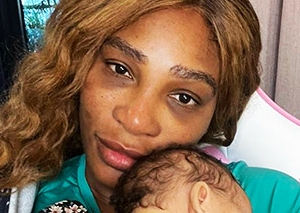
Before 15-year-old Nigel Shelby took his own life last week, he told his mother he was depressed. Camika Shelby said she knew her son was depressed “for months.” There is no indication she got help for her son from a mental health professional.
Nigel came out as homosexual to his mother at age 12 or 13. Camika Shelby believes her son’s sexual identity made him a target of bullies in hallways and classrooms. She said that the abuse, combined with his depression, led Nigel to take his own life.
Depression is the most common mental health disorder in the U.S. About 2% of school children suffer from depression.
It may be difficult for parents to determine whether their child is suffering from depression or whether he is just feeling sad or down.
According to Kidshealth.org, depression can happen at any age. It’s normal for kids to feel sad, down, or to be in bad moods occasionally. But when negative feelings and thoughts linger for weeks or months, limiting a child’s ability to function normally, it might be depression, which requires medical treatment.
Parents should be aware of the signs and symptoms of depression in children and be ready to act by getting help for your child.
Signs and Symptoms of depression in children:
When a child is depressed he feels worthless, rejected, unloved or unlovable. He may isolate himself from other children or siblings. He may stay in his room all day or watch TV for prolonged periods of time.
When depression worsens, it can lead kids to give up hope of ever feeling better. He may think about self-harm or suicide.
SEEK HELP
If your child comes out as LGBT, and later says he is depressed, resist the temptation to blame his depression on society or lack of tolerance or acceptance. That may help you to fell better, but it won’t lift his depression.
Your son is depressed because his brain chemistry is out of balance. Certain chemicals in his brain may be in excess (high dopamine) or too low (low serotonin).
These chemicals can be restored to normal with medication and/or therapy to help him understand his mood disorder and to teach him coping skills that will help him later on in life.
Kidshealth.org suggests scheduling a visit with your child’s doctor to get a referral.
Unfortunately, thanks to the LGBT agenda, many therapists and psychologists avoid LGBT children or adults out of fear of losing their licenses or being accused of practicing “conversion therapy.”
Visit Kidshealth.org for more information on getting help for your depressed child.
If you are having thoughts of suicide, someone is waiting to speak with you at the National Suicide Prevention Lifeline. Call 1-800-273-8255. The hotline is available 24 hours-a-day.
DISCLAIMER
Any medical information published on this blog is for your general information only and is not intended as a substitute for informed medical advice. You should not take any action before consulting with your personal physician or a health care provider. Sandrarose.com and its affiliates cannot be held liable for any damages incurred by following information found on this blog.





